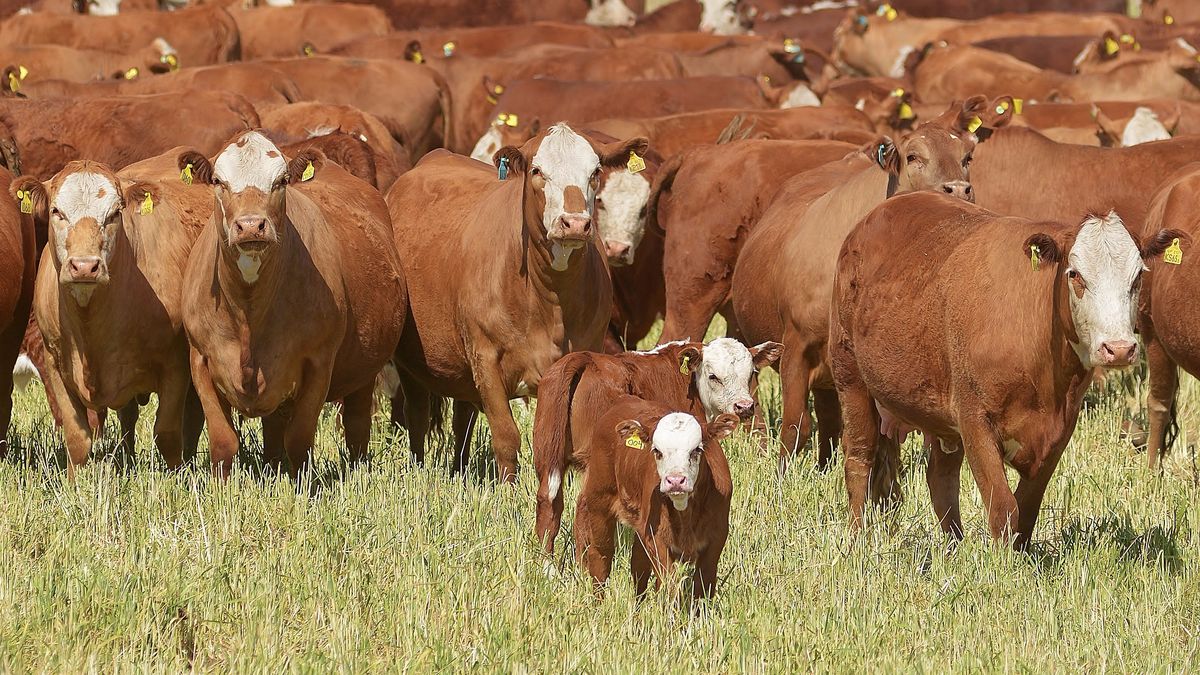He Ministry of Livestock, Agriculture and Fisheries aims to reduce polluting gas emissions by 32% by 2025 in order to contribute to the climate change, Therefore, it must mitigate the impact of methane on the cattle raising and the harvest of rice.
The goal on the emissions profile contrasts with what the minister indicated days ago Fernando Mattos referred to the “barriers to trade” proposed by the European Union (EU) exports and talk about “environmental neoprotectionism” on the part of developed countries.
Gianni Motta, member of the Strategy and Innovation Management of the INAC, He stressed that “livestock farming is a fundamental part of the country’s economy and social development,” when speaking during the presentation of the document “Methane emissions in livestock and rice: Quantifications, mitigations and metrics,” within the framework of the Global Conference of Sustainable Livestock that was carried out at the headquarters of FAO-Rome.
This is the document prepared by the Alliance for the Evaluation of the Environmental Performance of Livestock Farming (LEAP), where more than 300 experts from academia, governments, industries and international non-governmental organizations participate.
In this scenario, Motta highlighted that “Uruguay It has a low population and a very high agricultural surface area, which positions it as an agro-exporting country, where 75% of the exports come from the agricultural sector and vertically represent around 25% of the GDP.”
There, he described the agricultural sector as “the engine of the economy,” but warned that “its emissions profile is reflected in this, where 50% of the country’s emissions come from enteric methane from livestock farming.”
The role of Uruguayan livestock production
The member of the INAC He recalled that “livestock production is largely developed on non-arable lands where our natural pastures are located,” which is why he considered that “livestock farming is essential in the protection of this natural resource, avoiding its degradation, conserving biodiversity.” and soils, being an essential part of the natural cycle of the Uruguayan pampas biome.”
Finally, Motta He stated that the government “is working on projects where it has been demonstrated that by doing good grazing management and load management in out-of-balance systems there are opportunities to reduce methane emissions.”
It is worth highlighting that methane is a powerful greenhouse gas that is characterized by having a very short half-life in the Atmosphere, approximately 10 years. It is decomposed by natural sinks such as the Atmosphere itself where between 90-96% is degraded, while 4 to 10% of methane is degraded in the soil.
Source: Ambito




